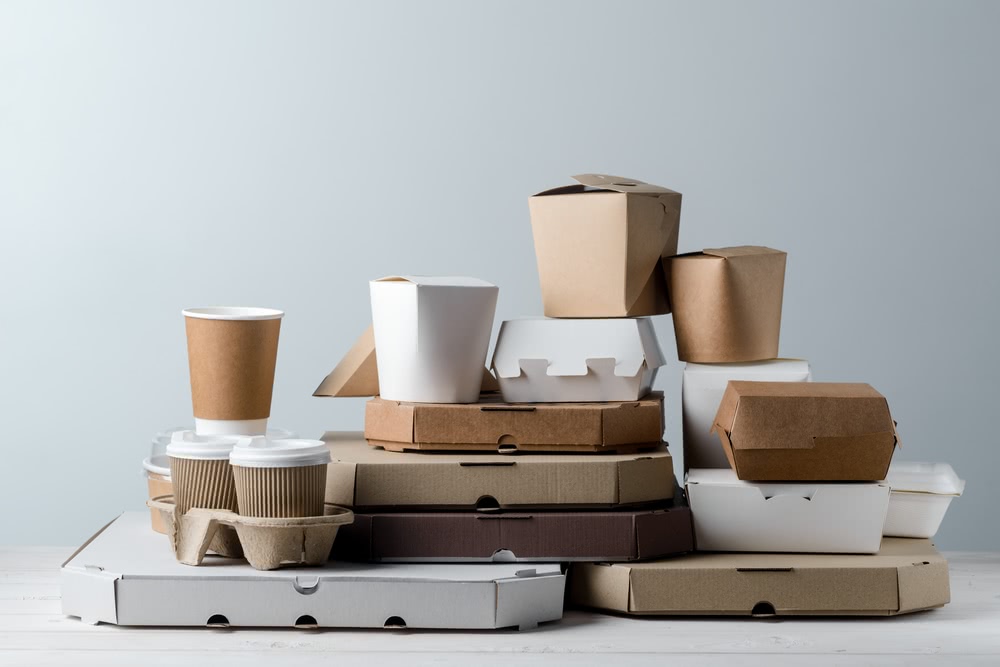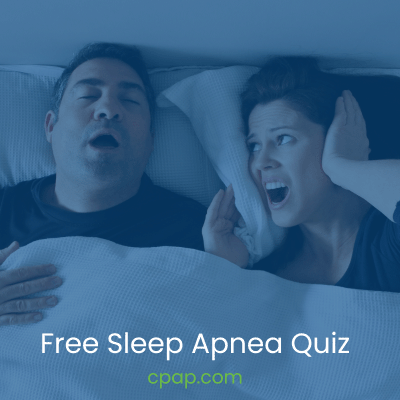
Weight gain and Sleep Apnea tend to go hand in hand, and alcohol does affect sleep… but not in a positive way. If you’re suffering from Sleep Apnea, your sleep specialist or doctor may talk to you about your eating habits and alcohol consumption. Why? What you eat and your alcohol consumption can contribute to elevated apnea concerns. Let’s take a look at what happens to your Sleep Apnea when you overeat or consume too much alcohol.
Overeating, Weight Gain and Sleep Apnea
Sleep Apnea is often a result of an obstructed upper airway, causing the patient to temporarily stop breathing (from a few seconds to a minute or more) while asleep. Enlargement or inflammation of the tissues of the tonsils, tongue, uvula, and the fat surrounding a person’s neck can contribute to Sleep Apnea. Those with too much weight on their frame may experience an increase in fatty tissues around their head and neck, which can worsen Sleep Apnea.
As the holidays tend to be a time to overindulge on high-calorie food and drinks, the resulting weight gain can increase the frequency of Sleep Apnea episodes. Losing weight, alongside a CPAP therapy routine, can help reduce Sleep Apnea symptoms.
Think You May Have Sleep Apnea? Take Our FREE Sleep Apnea Quiz!
Alcohol and Sleep Apnea
Consuming alcohol, especially before bed, can exacerbate the frequency and severity of Sleep Apnea episodes. Studies have shown that alcohol intake can cause Sleep Apnea in people who do not normally suffer from sleep-related concerns. Alcohol actually “creates” Sleep Apnea episodes in otherwise healthy people! Here’s what happens when you consume too much alcohol before bed:
- Alcohol reduces your natural breathing reflex, which makes it easier to slip into Sleep Apnea episodes during the night.
- Alcohol makes your breath shallow and slows the pace of your breathing, leading to less oxygen moving through your system.
- Alcohol tends to relax the body, including the muscles of the upper airway. This can cause the throat and adjacent soft tissues to slacken and drop down into the airway, resulting in snoring and a temporary pause in breathing.
Those who have Sleep Apnea should stay away from alcohol, if at all possible. At a minimum, refrain from any alcohol during the four-hour period before bedtime.
If you’re ready to maximize your CPAP therapy routine, focus on cutting out foods that tend to lead to weight gain, and minimize or eliminate completely your intake of alcohol. We know this isn’t always the easiest thing to do during the holidays, but a bit of moderation can mean a serious boost to your health.




